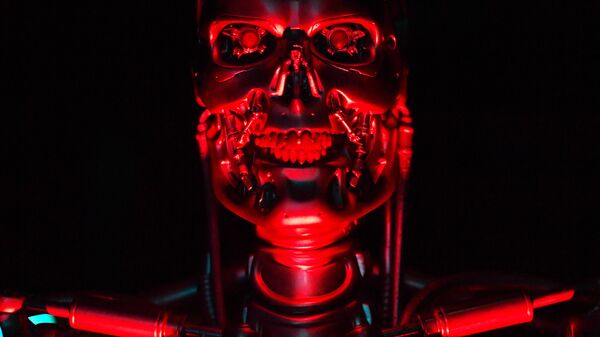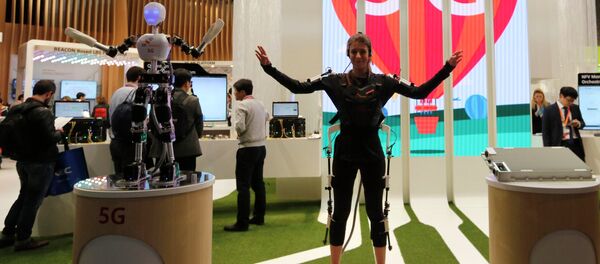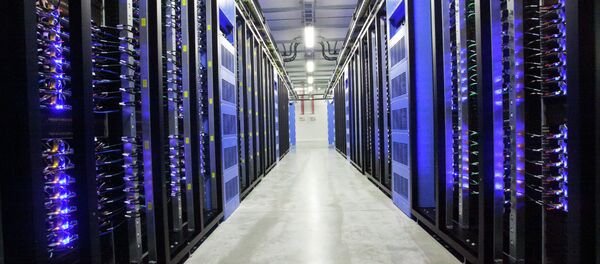Sputnik: Trump’s executive order instructs a number of federal agencies, from the National Science and Technology Council Select Committee on Artificial Intelligence to the National Institute of Standards and Technology, to pave the way for private companies. How do you assess the level of involvement of private companies and small start-ups in developing AI?
Lars Hilse: Before we start, I have to issue a stringent warning about AI, in that it may actually become mankind’s doom.
READ MORE: Trump Signs Nebulous AI Executive Order With $0 Funding Attached
The private sector has disqualified itself entirely from accurately predicting risks. The cyber risks we are facing today should have been eliminated years ago, as I expressed in a hearing at the European Parliament in mid-2018.
While my statement was widely acknowledged by other governments, the energy and transportation internet are being developed and built onto this same, unsafe, and increasingly critical piece of infrastructure.
One of the most impressive examples is the race between NASA, ESA, Rocosmos, and Space-X, for instance. The only entity capable of delivering a modern, cost effective solution is from the private sector.
I believe the same will apply in the race for AI, and that the agencies will play the role of adjusting the legislature in such a way to make it easier for the private sector to fill the void.
Sputnik: The Hill noted that other US agencies, such as the National Oceanic and Atmospheric Administration, are rushing to invest in AI that will "improve predictions of hurricanes and severe storms”. How possible is it that things such as natural disasters can be predicted by AI in the future?
Lars Hilse: We are rushing from the “big data” age to the AI age without having a clue what we’re doing, nor having been able to digest what we’ve just done. Keep in mind that the big data buzzword hasn’t been around as much as a decade.
True, we can use all the big data we have collected over the years, and learned from to feed it into new machines, which will then — in the best case — learn from this existing data, out of which they will then make predictions. Yet, how long will it take until the algorithms are accurate enough to actually prevent the dire devastation of a natural disaster? Are the predictions going to be timely enough that large scale evacuations can be executed? Qui bono? Only the wealthy nations, which can afford to buy this technology, or is it going to be made open source, and available to third world nations also? And most importantly if the results stem from an “intelligence”, who’s the owner?
I think we’re getting ahead of ourselves predicting what is possible, and what isn’t. This is a dangerous. With AI, technically everything any other intelligent species is capable of can be achieved faster and more efficiently by a machine; I’m afraid homo sapiens is not an exception.
READ MORE: China Worries AI Development Could Lead to War Between Nations — Report
Sputnik: The order notes that the US "must train current and future generations of American workers with the skills to develop and apply AI technologies to prepare them for today's economy and jobs of the future”. With the development of artificial intelligence, is it possible that many jobs, especially manual labour, the protection of which Trump advocates, will become a thing of the past?
Lars Hilse: First we have to differentiate between robotics and AI. AI itself cannot take away manual laboru, as it merely refers to intelligence or the “brain” of a being. The challenge will be to combine the intelligence part with the robotics or the “body”, which has proven to be rather complicated in the past.
Sputnik: In your opinion, which countries will lead in the development of artificial intelligence?
Lars Hilse: I would be speculating, and is hard to tell because states like China are being very secretive about their ongoing projects.
The views and opinions expressed in this article are solely those of the speaker and do not necessarily reflect Sputnik's position.





